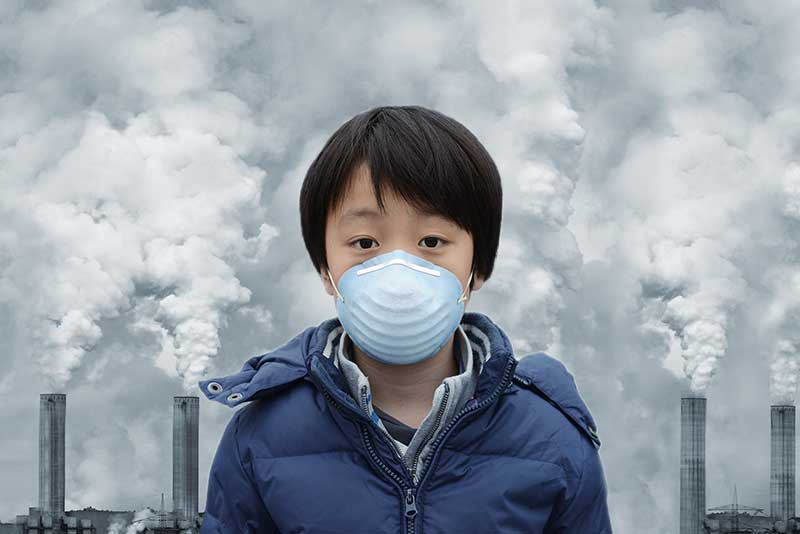Okay, folks, let’s get serious for a minute. Allergies are no joke. They make you sneeze, itch, and wheeze and generally feel like you’ve been hit by a truck. So, in this blog, we’re going to explore the factors that can answer why have allergies increased so much.
Environmental Changes: The Weather’s Got Us Sneezing

First up, we’ve got environmental changes. As global temperatures rise, so do pollen and other allergens, making it harder for us allergy sufferers to catch a break. And don’t even get us started on pollution levels. You know it’s bad when even the air you breathe is out to get you and certainly you know why have allergies increased so much.
Changes in Diet: Let’s Blame Processed Foods

Another potential culprit is our diet. Studies have shown that a diet high in processed foods and low in fresh fruits and vegetables may be linked to an increase in allergies. So, basically, we can blame our love for fast food and our aversion to vegetables for food allergies rising so high.
The Hygiene Hypothesis: We Need More Dirt

The hygiene hypothesis suggests that our over-cleanliness and obsession with hand sanitizer might be to blame for the rise in allergies. Apparently, our immune systems need exposure to germs and bacteria in order to develop properly, and without them, we might be more likely to overreact to harmless substances. So, basically, we need to roll around in the dirt a little more often.
Genetics: Thanks, Mom and Dad

Now, let’s talk about genetics. If your parents had allergies, you’re more likely to have them too. But, even if they didn’t, you’re still not off the hook. The prevalence of allergies has increased even among populations with no genetic predisposition, so basically, we’re all in this together.
Urbanization: City Life Ain’t Easy

Urbanization and the shift to city living might also be contributing to the rise in allergies. Studies have shown that city kids are more likely to develop allergies than their rural counterparts. Maybe it’s the pollution, maybe it’s the lack of exposure to nature, or maybe it’s just that city living is tough on all of us.
Vitamin D Deficiency: Give Me Some Sunshine!

Vitamin D plays an important role in the immune system, and research has shown that A deficiency of vitamin D may increase the risk of allergies. It is synthesized by the body in response to sunlight, so people who live in areas with little sun exposure may be at higher risk of vitamin D deficiency and allergies.
Antibiotics: They Kill the Good and the Bad

Finally, let’s talk about antibiotics. We know they’re a lifesaver when we’re sick, but they might be contributing to the rise in allergies too. Antibiotics kill both harmful and beneficial bacteria, which can disrupt the balance in our gut and affect our immune system. So, next time you’re tempted to pop a pill for every little sniffle, think twice.
Stress: Life is Stressful Enough, Now It’s Giving Us Allergies Too?

Finally, let’s talk about stress. Studies have shown that stress can worsen existing allergies and even trigger new ones. When we’re stressed, our bodies release a hormone called cortisol, which can suppress our immune system and make us more susceptible to allergies. So, basically, life is stressful enough without our bodies turning against us too.
Conclusion
The rise in allergies is a multifaceted issues that requires a through understanding of several underlying factors. Environmental changes, dietary shifts, genetic predispositions, urbanization, overuse of antibiotics, air pollution, and stress are some of the potential causes of the increase in allergies.
Despite the challenges of controlling all factors, we can take steps to minimise allergen exposure and improve our health. A balanced diet, exercise, hygiene, and allergy treatments are essential for reducing symptoms and improving our well-being.

Priyanka Khurana Goyal is an ardent fitness expert, fashion enthusiast, believer of chemical free lifestyle. Believing in profound benefits of chemical free lifestyle, she has embraced Read more


